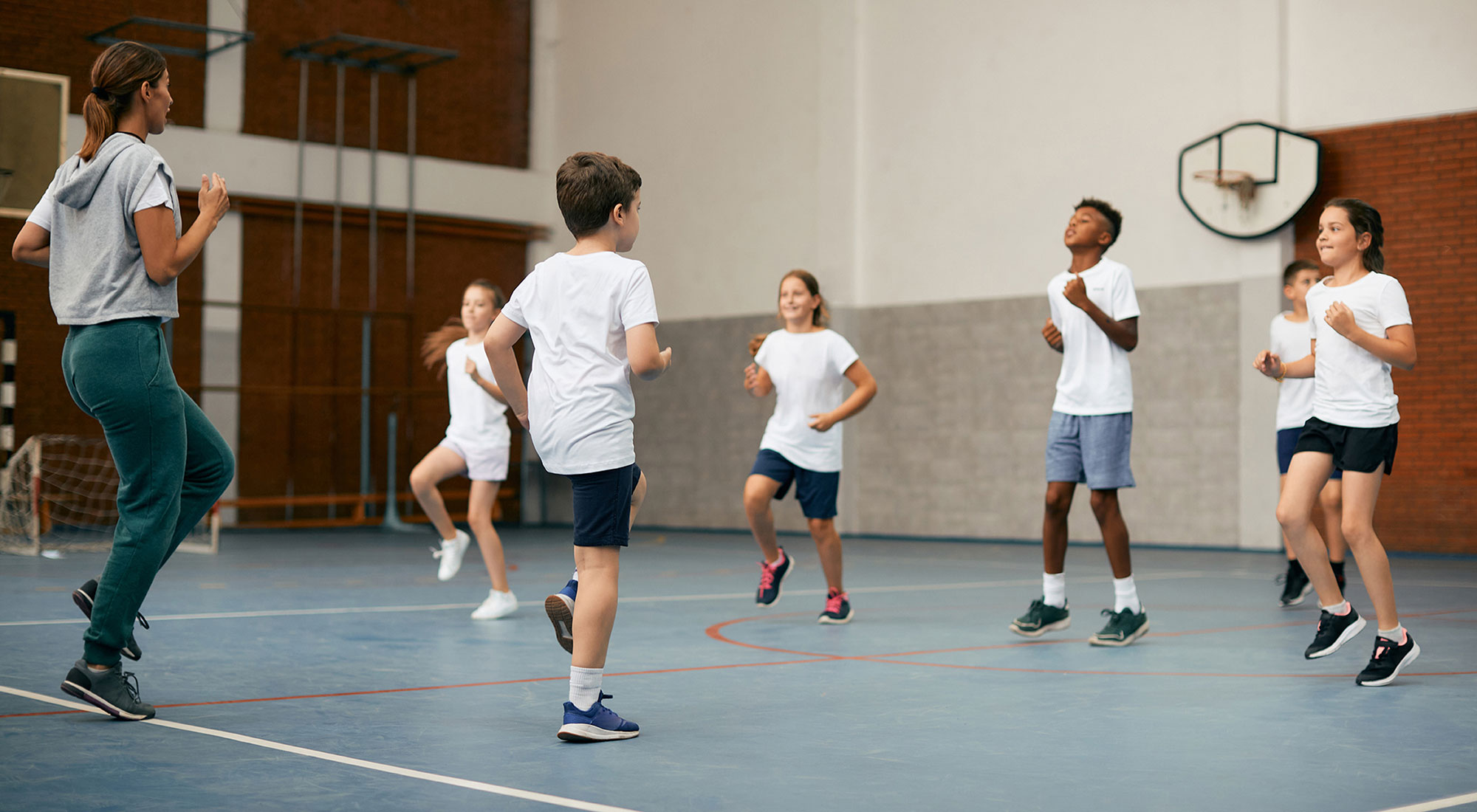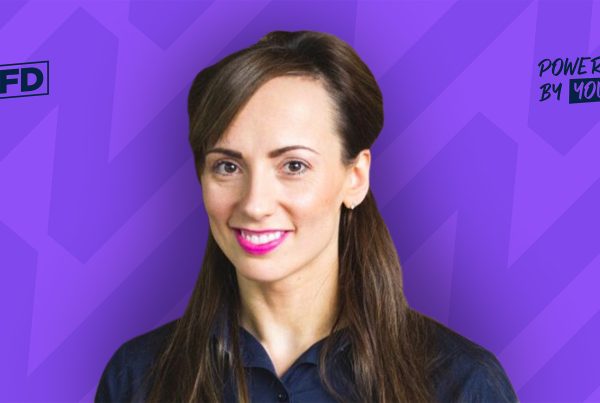By Neil Hetherington, Curriculum Manager, Premier Education
Attitudes towards sport and physical activity are often formed during childhood. Inspirational teachers and a varied and engaging PE curriculum can encourage a child to embrace physical activity for life. Similarly, opportunities to participate in extra-curricular sporting activities can make sport a positive experience for children, setting them on a path towards living a healthy and balanced life.
Physical activity can change lives, improve national health and counter mental health conditions such as anxiety and depression, as well as encourage social interaction and boost confidence. However, according to the National Plan for Sport and Recreation proposed by the Lords Committee (Dec 2021) “stagnating levels of inactivity” exist within young people.
Similarly, the Children and Young People’s report by Sport England (Dec 2021) noted how “children and young people’s activity levels continue to be negatively impacted by the ongoing coronavirus pandemic”.
There is a serious threat to the health of young people in the UK and now is the time to act to inspire activity in the next generation.
How to maximise PE
The national curriculum for PE aims to ensure that all pupils develop competence to excel in a range of physical activities, are physically active, engage in competitive activities and lead healthy, active lives.
Making PE more prominent demonstrates the importance of leading an active life and would be a positive step in tackling issues such as childhood obesity and the growing mental health crisis. In fact, PE presents a solution to two challenges; it gets children active while improving cognitive function and concentration, which has been shown to improve academic attainment.
Some schools do a brilliant job of championing physical literacy. Effective subject and school leadership help to elevate the prominence of PE and, often, the children within such schools have a good understanding of and respect for the subject.
The role of outsourcing
The PE and Sport Premium Funding has improved the provision of PE within the primary sector and the outsourcing of PE has become a more popular method of improving in-house teachers’ lack of subject knowledge or confidence in delivering effective PE. As an external provider, we have a commitment to exceptional activity delivery that is in tune with each individual school.
The Lords Committee rightly noted that schools are the place where “attitudes towards physical activity…track into adulthood”. With this in mind we focus on promoting the multiple benefits of physical activity and how they align with factors such as healthy eating and emotional wellbeing to produce a generation of resilient and healthy young people.
How can we increase enthusiasm for PE?
Assess commitment levels
Teachers who demonstrate genuine enthusiasm for PE are the ones who have the most success in engaging students. Their classes are well thought-through, inclusive and fun, with multiple opportunities for group work and participation.
On the flipside, some teachers struggle to engage with PE. Often this is because their PGCE training didn’t allow appropriate time to understand or teach the subject effectively. This is why we work with teachers to seek support from their PE lead and maximise professional development opportunities available to them.
There are many great resources and ideas to be shared across a school and its cluster/academy, along with utilising the Sport Premium funding to provide qualified coaches to upskill teachers.
We use Pupil Voice questionnaires to understand current attitudes towards PE. This gives us a grasp on areas of both excellence and improvement, which informs future planning and delivery. It’s all about maximising participation and enjoyment.
Think inclusivity
As the Research Review series published on 18 March 2022 reports, PE is not for some; it is for everyone. This echoes our own ethos that inclusivity is critical to successful PE experiences. Leadership teams and PE teachers should be looking at ways to engage all pupils, from the high to low ability and everyone in between.
Maximise active time
Ofsted have observed schools where, after changing time and explaining the lesson, children are moving for just 30 minutes per lesson.
The Ofsted PE research review highlighted the importance of 50-80% activity time within lessons. We know from our experience that some deliverers get gripped on the learning elements, with focus on excessive questioning and whole-class stoppages. While their intentions are good, they are losing sight of the primary purpose of PE – to get people moving.
We recommend that deliverers try to work no more than three whole-class stoppages into a lesson. We also suggest that changing time be minimised by incentivising getting ready quickly. Children come to the lesson more energised and readier to learn, which helps with their enjoyment of the subject. It also gets their hearts pumping before the lesson begins – it beats standing around waiting to get moving.
Put wellness at the heart of it
Physical activity promotes mental and emotional wellbeing. Schools that join up the approach and offer children genuine opportunities to understand the link between keeping active and a positive outlook will be most successful in inspiring a love of movement. Creating an emotionally safe environment where successes are regularly celebrated by all, will help to instil a positive attitude towards being physically active that will grow to be a lifelong habit.
Schools that recognise the subject’s potential to change lives will be most effective in producing a generation of students for whom physical activity is a lifelong joy.
Find out more about how we support our partner schools here.
Premier Education is a member of the ukactive Strategic Partner Group – find out more here.
Disclaimer: Any views or opinions expressed are solely those of the author and do not necessarily represent those of ukactive.




